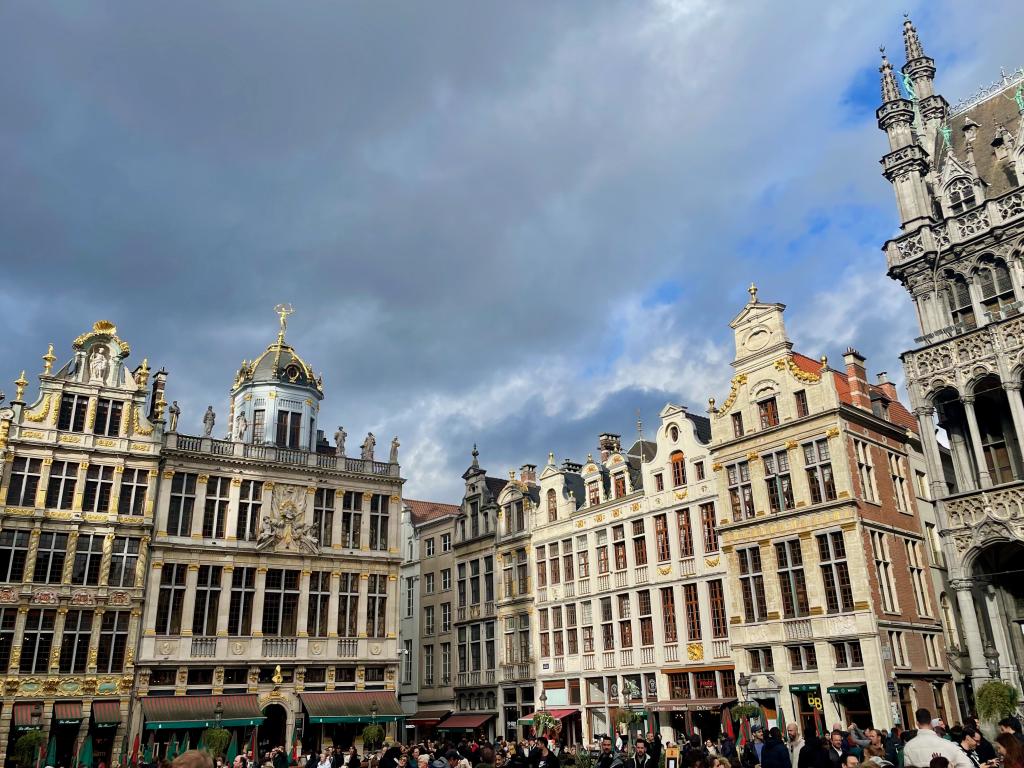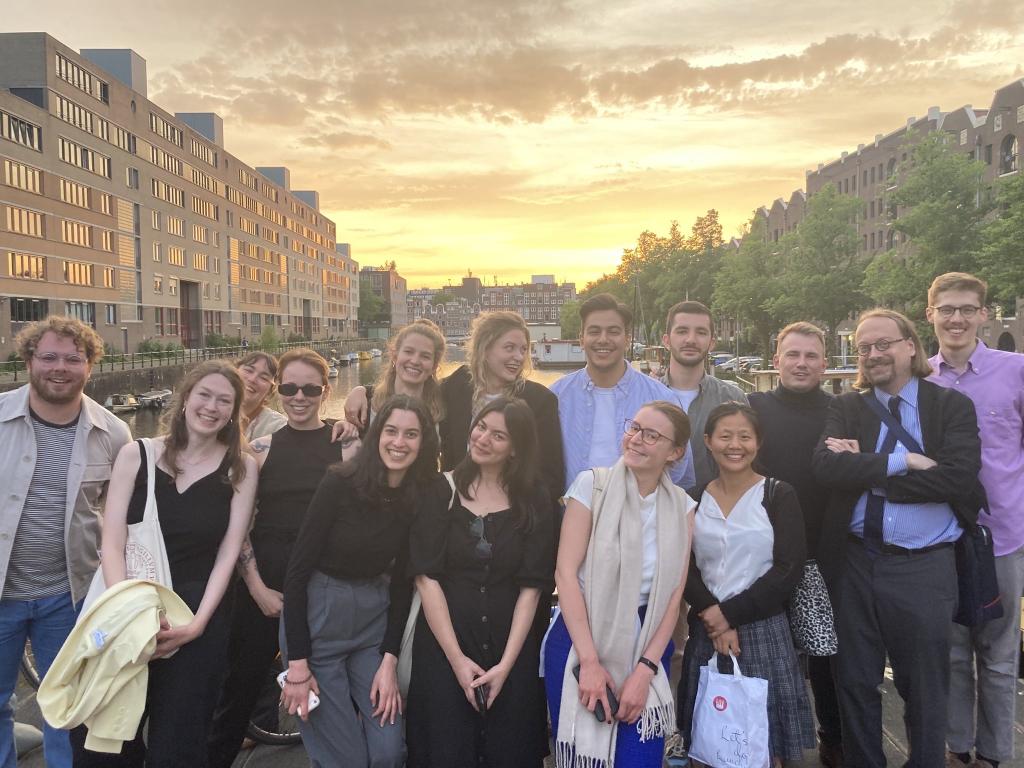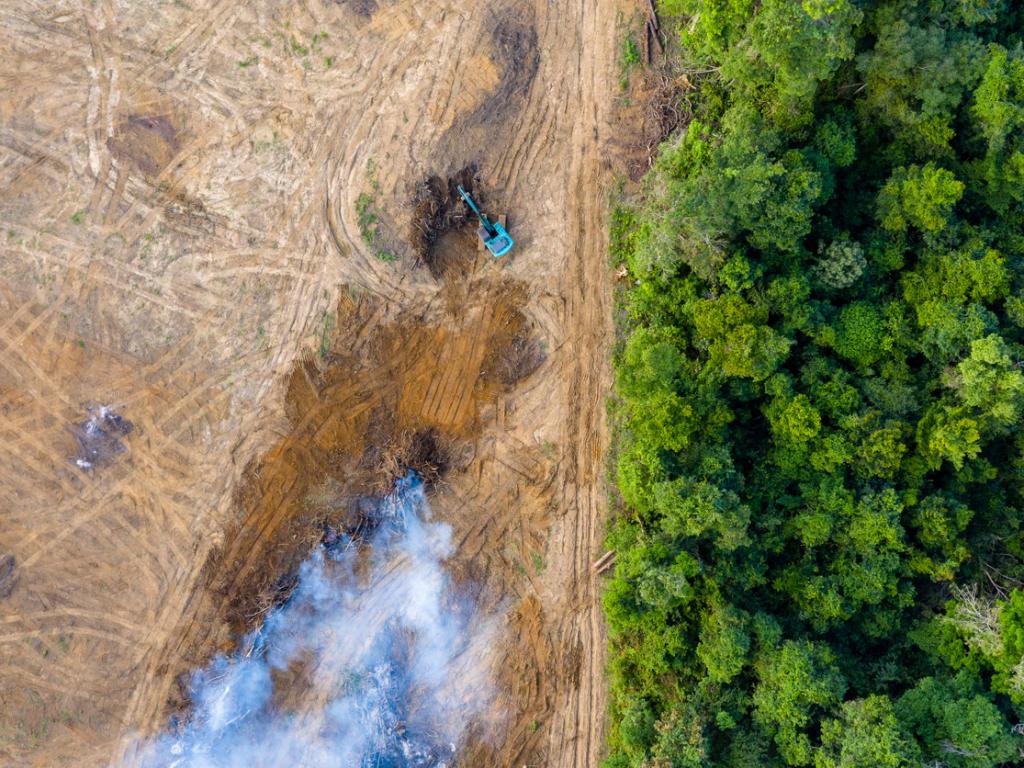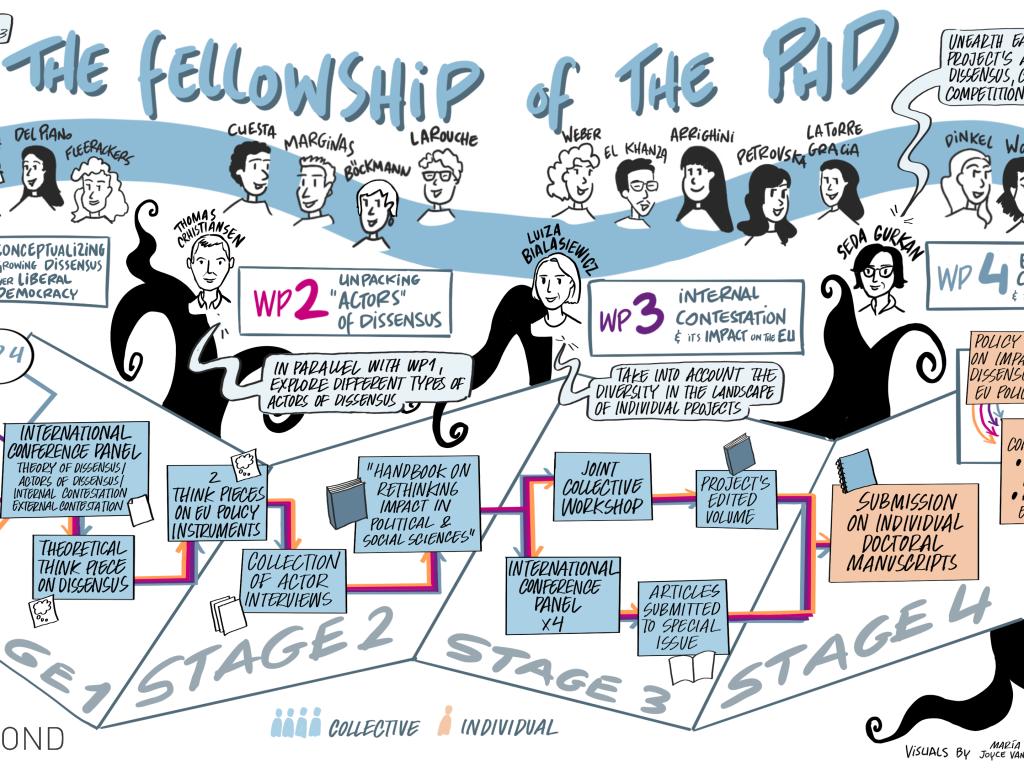Katharina Weber
GEM-DIAMOND doctoral fellow
ESR 9 – Contesting national sovereignty? Transnational civil society activism and EU external action against deforestation
Driven by a deep concern for our planet and global injustices paired with the constant desire to understand issues to the core, I have a particular inclination to conduct research which links academia and practice.
Contesting national sovereignty? Transnational civil society activismand EU external action against deforestation
Supervisors
- Jonathan Zeitlin
- Thomas Christiansen
Research abstract
That is why this thesis explores the hinge between EU environmental governance and North-South relations in EU external action, speci�cally asking how does the EU exercise regulatory power to pursue its environmental goals beyond its borders?
To explore the question the thesis draws on one speci�c case study: the EU’s deforestation governance, namely the 2023 Regulation on deforestation-free products (EUDR). The thesis analyses the full policy cycle of the EUDR - from agenda-setting over its development within EU institutions to its (pre-)implementation in producer countries. Through a within-case comparison of Ghana and Indonesia, it explores how the regulation is received and contested in producer countries. In doing so, it sheds light on the broader political dynamics of EU external environmental action: the exercise of regulatory power, the interplay of interests and ideas, and the perceived legitimacy of EU action in a multipolar world.
Her doctoral research focuses on the EU’s external environmental governance, with a particular emphasis on regulatory power, legitimacy, and North–South relations. She is affiliated with the Centre for European Policy Studies (CEPS) in Brussels and the Center for Agrarian Studies at IPB University in Bogor, Indonesia. As part of her research, she has conducted fieldwork in Ghana, Indonesia, and Brussels, engaging with stakeholders across the public sector, civil society, and industry.
Alongside her doctoral research, she has shared insights with a government agency and conducted commissioned research for a German foundation, connecting academic work with policy practice. Prior to her PhD, she worked at the German Investment and Development Corporation (KfW Group) and was a visiting associate at the Boston Consulting Group.
Katharina holds a Bachelor of Laws (LL.B.) from Bucerius Law School in Hamburg, Germany. She completed her Master’s in Public Policy (MUNDUS MAPP) through a joint programme between Central European University (CEU) and Barcelona Institute of International Studies (IBEI), spending one year each in Vienna and Barcelona.
Weber, K. “Navigating dissensus beyond borders: The case of deforestation-free supply chains”. In Dissensus over liberal democracy: actors, policies, and institutions, edited by Ramona Coman, Nicolas Levrat, and Frederik Ponjaert. (Forthcoming)
Tangney, P. & Weber, K. “Evidence-based Policy Making”. In Impact and Social Sciences: A Conceptual Index, edited by Ramona Coman, David Paternotte, and Frederik Ponjaert. (Forthcoming)
Weber, K. (2024). “Environmental supply chain regulations in a changing market environment: Exploring the EU’s regulatory power in the cocoa sector in Ghana”. Amsterdam Centre for European Law and Governance Research Paper No. 2024-14. http://dx.doi.org/10.2139/ssrn.4996855.
Weber, K. (2024). “Why it’s businesses (and not the European Commission) that need to ensure sustainable supply chains”, Center for European Policy Studies (CEPS).
Weber, K. (2023). "Forests, Foreign Policy and Trade. What the EU Deforestation Regulation means from a foreign policy perspective." Center for European Policy Studies (CEPS). https://www.ceps.eu/ceps-publications/forests-foreign-policy-and-trade/.
Brandi, C., Holzer, K., Morin, J.-F., van Asselt, H., & Weber, K. (2023). "Trade and climate change: How to design better climate-related provisions in Preferential Trade Agreements" (Policy Brief 21/2023). Bonn: IDOS. https://doi.org/10.23661/ipb21.2023.
Zangl, M., Weber, K., Zahid, M. U., & Holzner, M. (2021). "Environmental Impact Evaluation of a European High-Speed Railway Network along the 'European Silk Road'". In F. Cerniglia, F. Saraceno, & A. Watt (Eds.), The Great Reset: 2021 European Public Investment Outlook (Vol. 10). Open Book Publishers. https://doi.org/10.11647/obp.0280.
Conferences and Talks (selected):
- European Union International Affairs (EUIA), “Navigating dissensus beyond borders: The case of deforestation-free supply chains”, (2025).
- Invited talk: FGV Centre of Excellence on EU-Latin America Global Challenges, Rio Brazil (2025).
- Invited talk: Austrian Development Agency, “The EUDR: Current State and implications for producer countries” (2024).
- ECPR Standing Group EU, “In the thicket - navigating EU deforestation governance and external contestation” (2024).
- European Union International Affairs (EUIA), “Contesting national sovereignty? EU external action against deforestation”, PhD Symposium (2023).
-

Stepping Outside Academia: My Time at CEPS
13 October 2024
A fellow shares her experiences during the non-academic secondment
-

Do Good and Talk About It: GEM-DIAMOND's Green Plan
11 October 2024
An outline of the GEM-DIAMOND's sustainability commitments
-

The Power of Methods
21 August 2023
Reflections on a 3-day methods workshop attended by the GEM fellows at the University of Amsterdam
-

Forest protection(ism)? Perceptions of the European Deforestation Regulation
28 April 2023
The EUDR aims to halt EU-driven deforestation worldwide. Responses reflect the struggle between environmental interests and political power conflicts.
-

Birth of the GEM-DIAMOND Fellowship of the Ph.D.
1 October 2022
16 MSCA Fellows successfully selected following a gruelling selection process.



